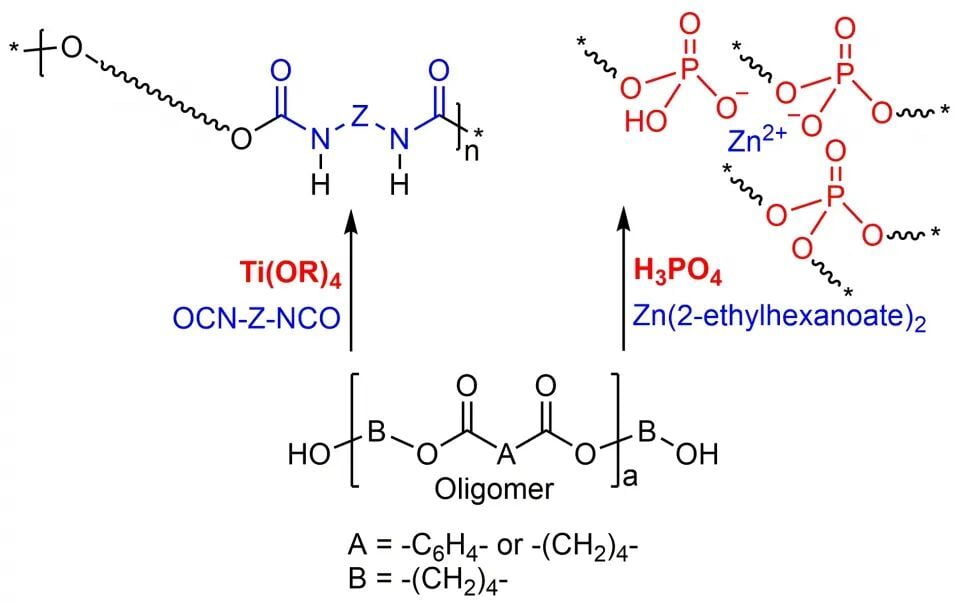Recently, a new PBAT material has been successfully developed by the team of Professors Lee Juen Yeol and Lee Pyung Chun of Asia University in Korea, which can be degraded at 25 degrees Celsius.
The research team used phosphate metal salts as catalysts to develop a new biodegradable polymer, PBAT, which makes biodegradable plastics that degrade about nine times faster in soil than existing biodegradable plastics.
Researchers said that most of the current PBAT polymer structure is formed by covalent bonding links, and can only be biodegraded at 60°C or above, under artificial composting conditions, and the larger the molecular weight of the polymer, the slower the decomposition rate. The new PBAT polymer, however, solves the above problems while retaining durability by adding a certain amount of phosphate metal salts during the production process to turn its structure into a bonded form with ionic bonds.
The new biodegradable plastic was tested to degrade approximately nine times faster in soil than existing biodegradable plastics in a room temperature (25°C) environment. The research results were published in the online edition of the international scientific journal Journal of the American Chemical Society.

Existing synthesis method of biodegradable polyester (left) and the new method proposed by our research group (right)

